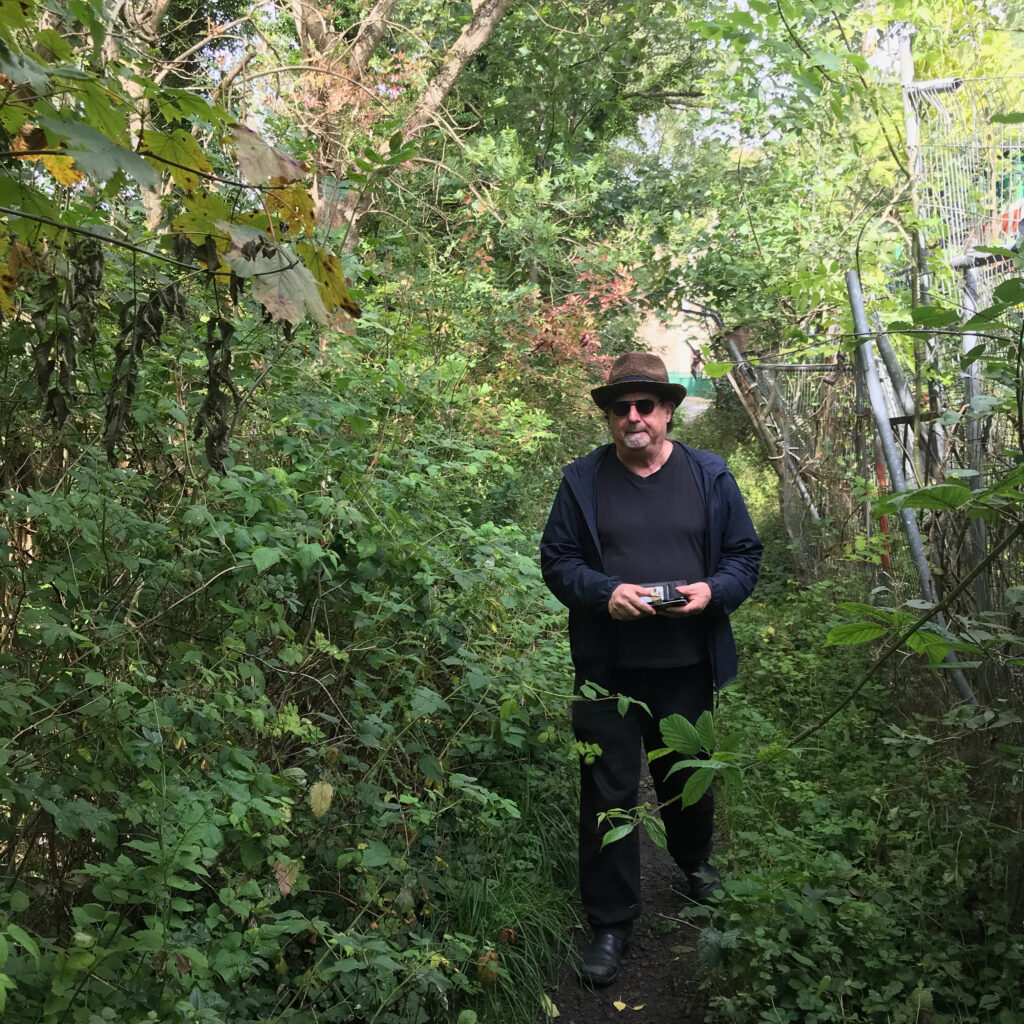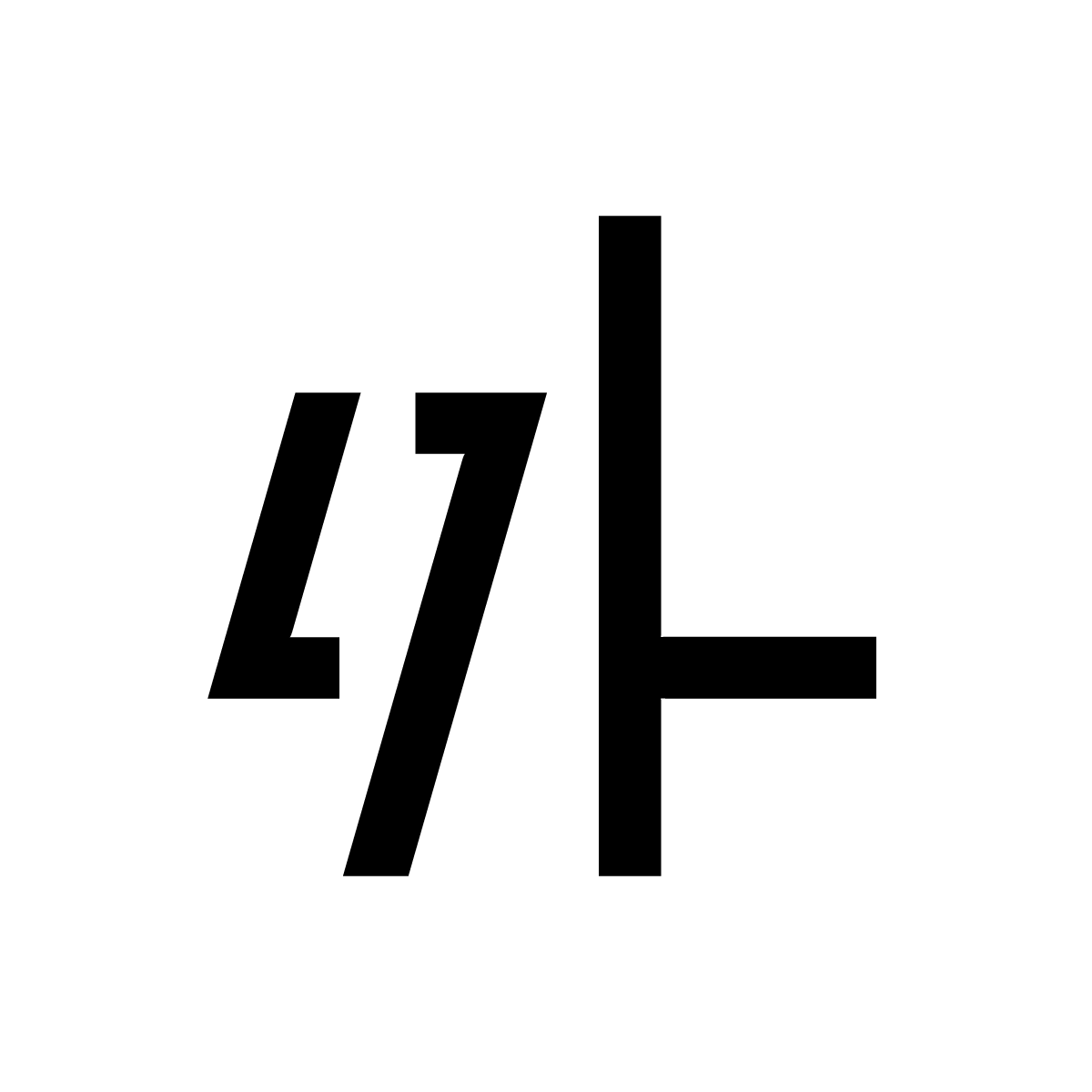Carl Stone
空間現代
開場 19:00 開演 19:30
予約 2,500円
※定員に達したためご予約受付を終了いたしました。当日券の販売もございません。何卒ご了承くださいませ。

カールストーンは現在のコンピュータミュージックの先駆者の一人であり、ヴィレッジボイス誌は『サンプリングの王者』『現在のアメリカで最も優れた作曲家の一人』と賞賛している。彼は1986年からライブパフォーマンスでコンピューターを使用している。ストーンはロサンジェルスで生まれ、現在はロサンゼルスと日本を拠点に活躍している。カリフォルニア芸術大学で、Morton Subotnick, James Tenneyに師事し、1972年から電子アコースティック音楽の作曲を始めたが、この分野は殆ど彼の独壇場である。その作品は、アメリカ・カナダ・ヨーロッパ・アジア・オーストラリア・南米・北東アフリカなどで演奏されており、演奏活動の他に作曲やコンサートツアーも行い、日本の中京大学工学部 メディア工学科の教授でもある。日本のアーティストとコラボレーションは大友良英,高橋悠治、清水靖晃, 田中悠美子、渋谷慶一郎, 中村としまル,内橋和久、桜井真樹子、恩田晃、高橋アキ、山崎 亜美、SAEBORG、他
Carl Stone is one of the pioneers of live computer music, and has been hailed by the Village Voice as “the king of sampling.” and “one of the best composers living in (the USA) today.” He has used computers in live performance since 1986. Stone was born in Los Angeles and now divides his time between Los Angeles and Japan. He studied composition at the California Institute of the Arts with Morton Subotnick and James Tenney and has composed electro-acoustic music almost exclusively since 1972. His works have been performed in the U.S., Canada, Europe, Asia, Australia, South America and the Near East. In addition to his schedule of performance, composition and touring, he is on the faculty of the Department of Media Engineering at Chukyo University in Japan.
A winner of numerous awards for his compositions, including the Freeman Award for the work Hop Ken, Carl Stone is also the recipient of grants from the National Endowment for the Arts, the Rockefeller Foundation and the Foundation for Performance Arts. A winner of numerous awards for his compositions, including the Freeman Award for the work Hop Ken, Carl Stone is also the recipient of grants from the National Endowment for the Arts, the Rockefeller Foundation and the Foundation for Performance Arts. His 3-LP release “Electronic Music from the Seventies and Eighties” on the Unseen Worlds label placed #1 in The Wire Magazine’s “Best of 100” 2016 Archival category (the follow up release the next year ranked #3).
In 1984 he was commissioned to compose a new work premiered as part of the Olympic Arts Festival in Los Angeles. His music was selected by the dancer/choreographer Bill T. Jones for the production 1-2-3. in that same year. In 1989 he resided for 6 months in Japan under a grant from the Asian Cultural Council and in that same year, The Museum of Contemporary Art, Los Angeles commissioned a new work, Thonburi as part of the radio series “Territory of Art”. In 1990 he was commissioned to create music for a 60-minute program for ZDF Television in West Germany entitled Made in Hollywood. In 1991 he received separate commissions from Michiko Akao (She Gol Jib, for traditional Japanese flute and electronics), Sumire Yoshihara (for percussionist and electronics) and Sony PCL (Recurring Cosmos, for High Definition video and electronics), which was awarded special honors at the International Electric Cinema Festival in Switzerland in 1991. In 1993, he was commissioned by the Paul Dresher Ensemble to create a new work, Ruen Pair, with funds from the Meet the Composer/Reader’s Digest Commissioning Program. In 1994 he was commissioned by the Strings Plus Festival, Kobe to create Mae Ploy, for string quartet and electronics. In that same year he also created Banh Mi So, for ondes martenot and piano, at the request of Takashi Harada and Aki Takahashi. In 1995, he was commissioned by NTT/Japan to create a new work for the internet , Yam Vun Sen, as part of IC95. In 1996, with support from the Rockefeller Foundation, he created music for The Noh Project, a collaboration with choreographer June Watanabe and Noh master Anshin Uchida. In 1997 he was commissioned by Bay Area Pianists and Cal Performances to create a new work, Sa Rit Gol, for disklavier and pianist, as part of the Henry Cowell Centennial Celebration at UC Berkeley. Other festival performances in 1997 included Other Minds (San Francisco) and TonArt (Bern). In 1999 he was invited as Scholar-in-Residence at the Rockefeller Foundation Bellagio Study and Conference Center. In 2001 he served as Artist-in-Residence at the International Academy of Media Arts and Sciences (IAMAS) in Japan, and in that same year he joined the faculty of Chukyo University’s School of Cognitive and Computer Sciences.In 20011 he was named an Artist Fellow by the Civitella Ranieri Foundation in Italy.
Recordings of Carl Stone’s music has been released on New Albion, CBS Sony, Toshiba-EMI, EAM Discs, Wizard Records, Trigram, t:me recordings, New Tone/Robi Droli, Unseen World and various other labels.
Carl Stone’s music has been used by numerous theater directors and choreographers including Hiroshi Koike, Akira Kasai, Bill T. Jones, Setsuko Yamada, Ping Chong, June Watanabe, Kuniko Kisanuki, Rudy Perez, Hae Kyung Lee, and Blondell Cummings. Musical collaborations include those with Akaihirume, Michiko Akao, Pearl Alexander, Samm Bennett, Sarah Cahill, Gianni Gebbia, Mineko Grimmer, David Grubbs, Haco, Alfred Harth, Madoka Kono, Gil Kuno, Min Xiao-Fen, Otomo Yoshihide, SAEBORG, Kazue Sawai, Elliot Sharp, Yasuaki Shimizu, Stelarc, Aki Takahashi, Yuji Takahashi, Tosha Meisho, Kazuhisa Uchihashi, Wu Na, Wu Wei, Michiyo Yagi, Ami Yamasaki, Miki Yui and z’ev.
Carl Stone served as President of the American Music Center from 1992-95. He was the Director of Meet the Composer/California from 1981-1997, and Music Director of KPFK-fm in Los Angeles from 1978-1981. In 2019, DUBLAB.com reissed a series of radio conversations Stone had on KPFK-fm with Brian Eno, Frank Zappa, Terry Riley, Morton Subotnick, Harold Budd and others. Further activities have included serving as a regular columnist for Sound & Recording Magazine in Japan, serving as web editor for Other Minds, and for the official web site of the John Cage Trust.
https://www.rlsto.net/
